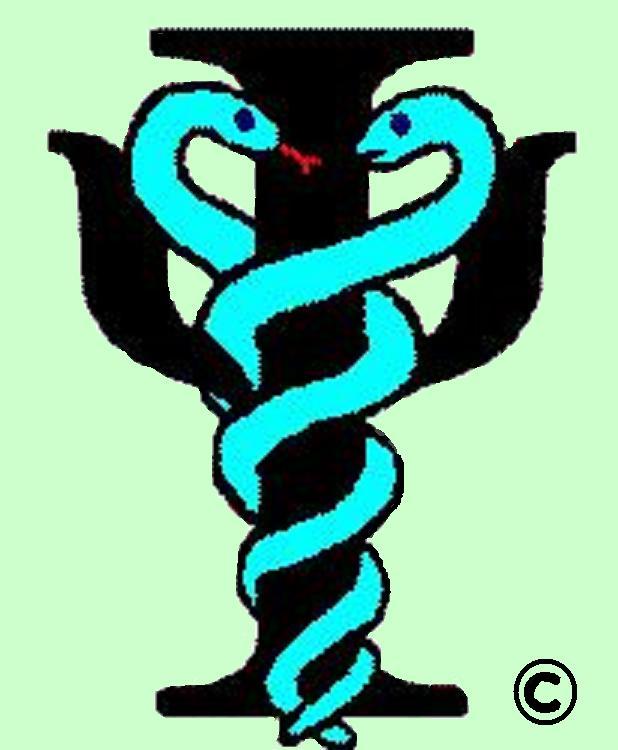

|
Neurobehavioral Medicine Consultants
|
|
| |
|
Stress Management
Dealing with stressors as they occur prevents the accumulation of chronic problems and stress reactions that can trigger the long-term stress response. It is likely, as well, that management of stress can help reverse body alterations caused by the long-term stress response. If an individual's coping skills are adequate to deal with his or her stress levels then that person is likely to be less susceptible to other illness. Stress management training can produce significant improvements in measures of subjective well-being and physical symptoms. Dr. Yerzley employs a cognitive behavioral approach to stress management, helping patients identify the physical, behavioral, emotional and cognitive symptoms of their stress. Teaching patients how to react realistically and positively to their stresses helps them manage their stresses more effectively.
To get an idea of the level of stress in your life, take the Stress Profile. |